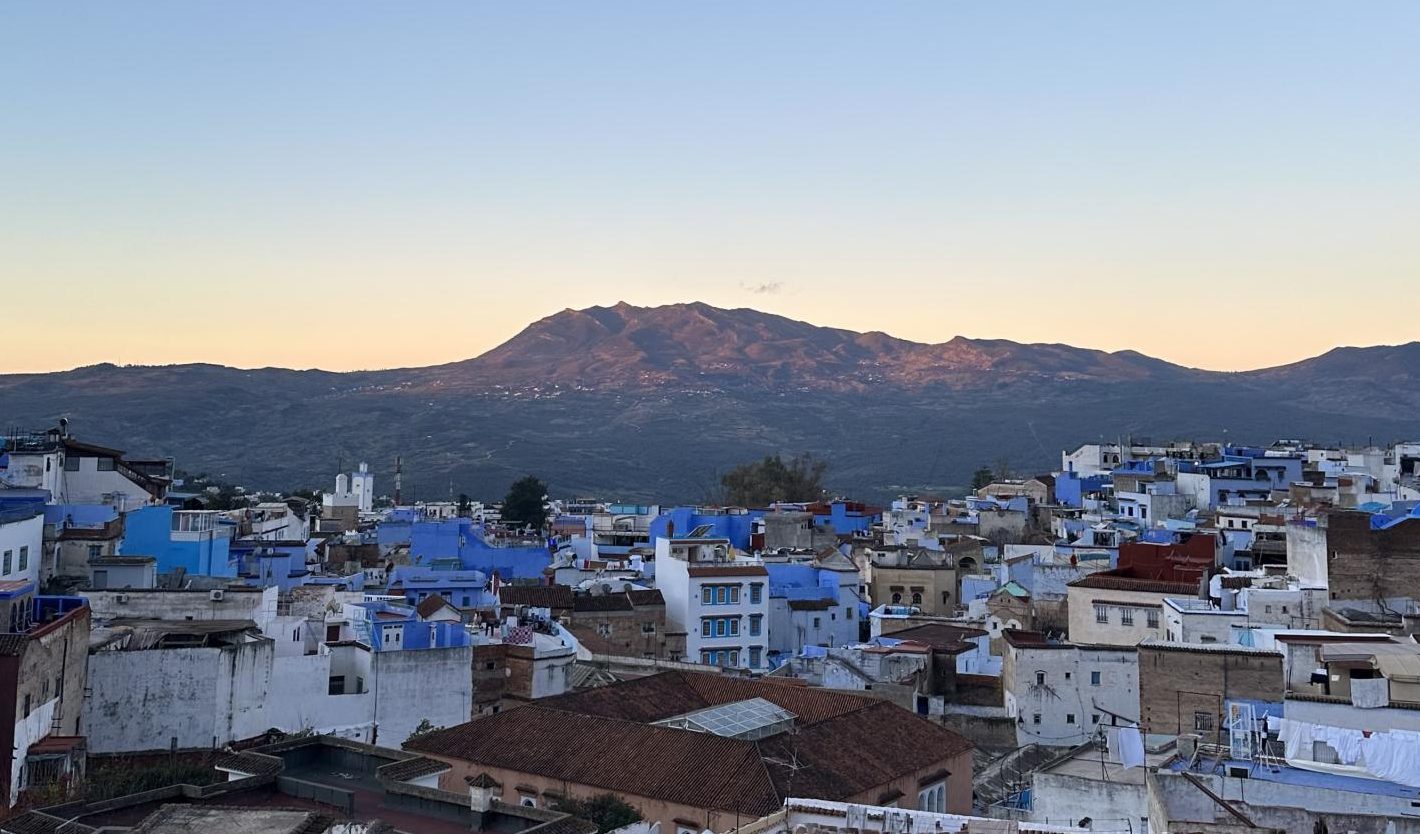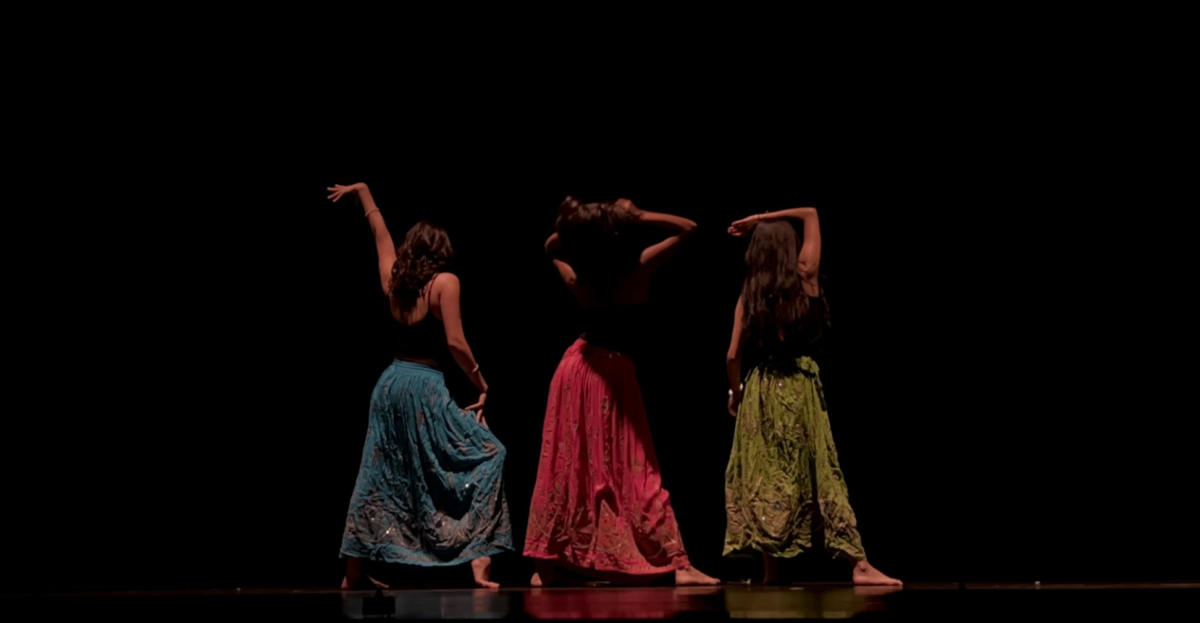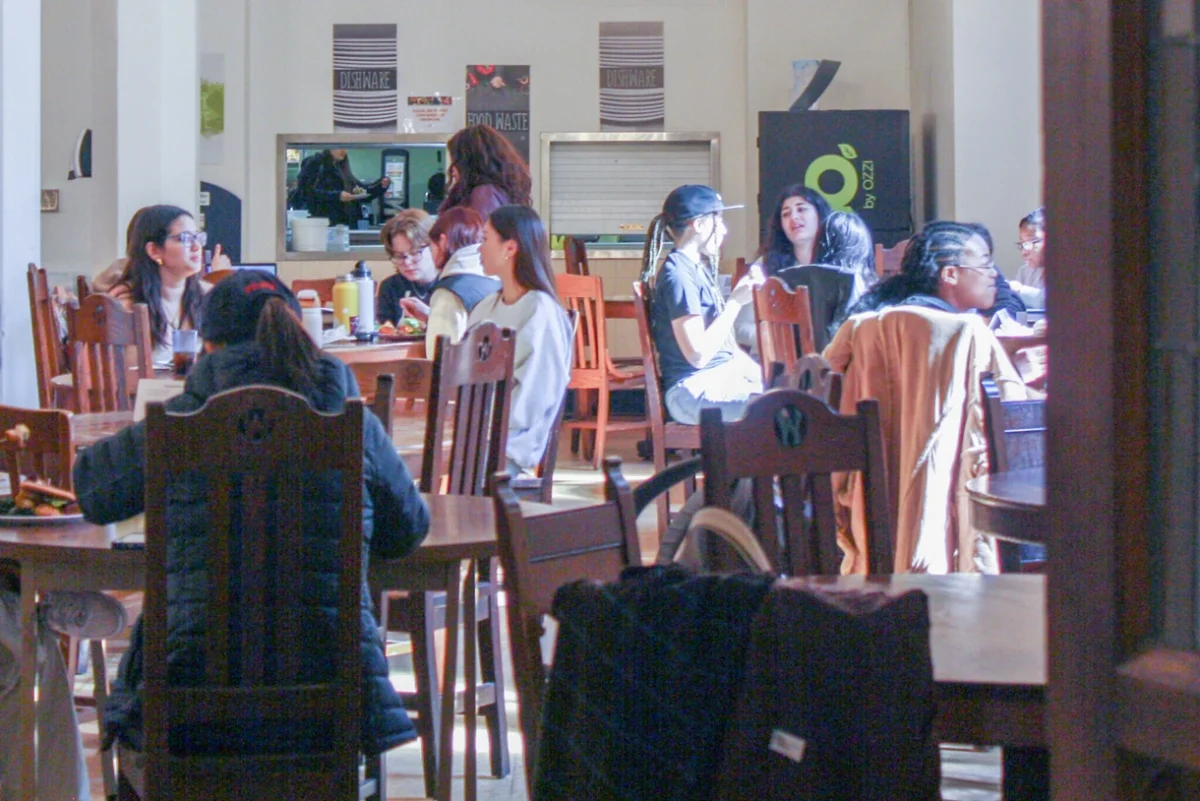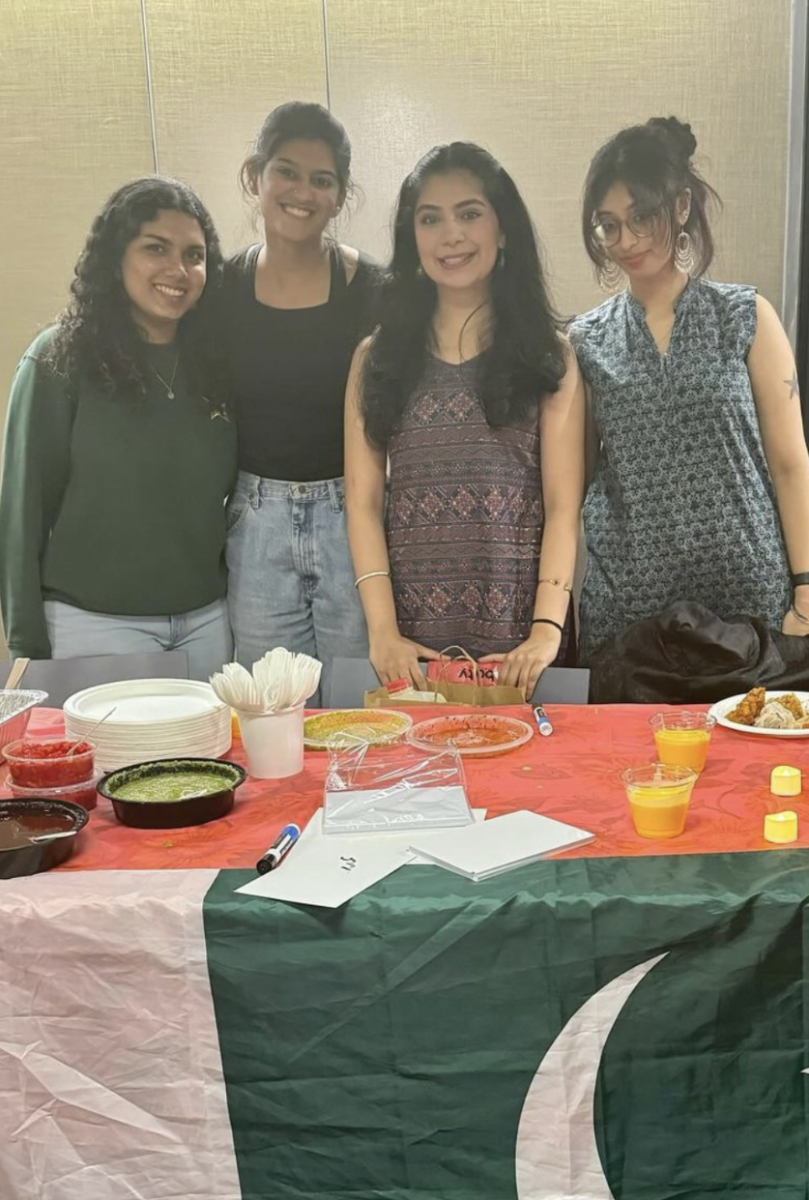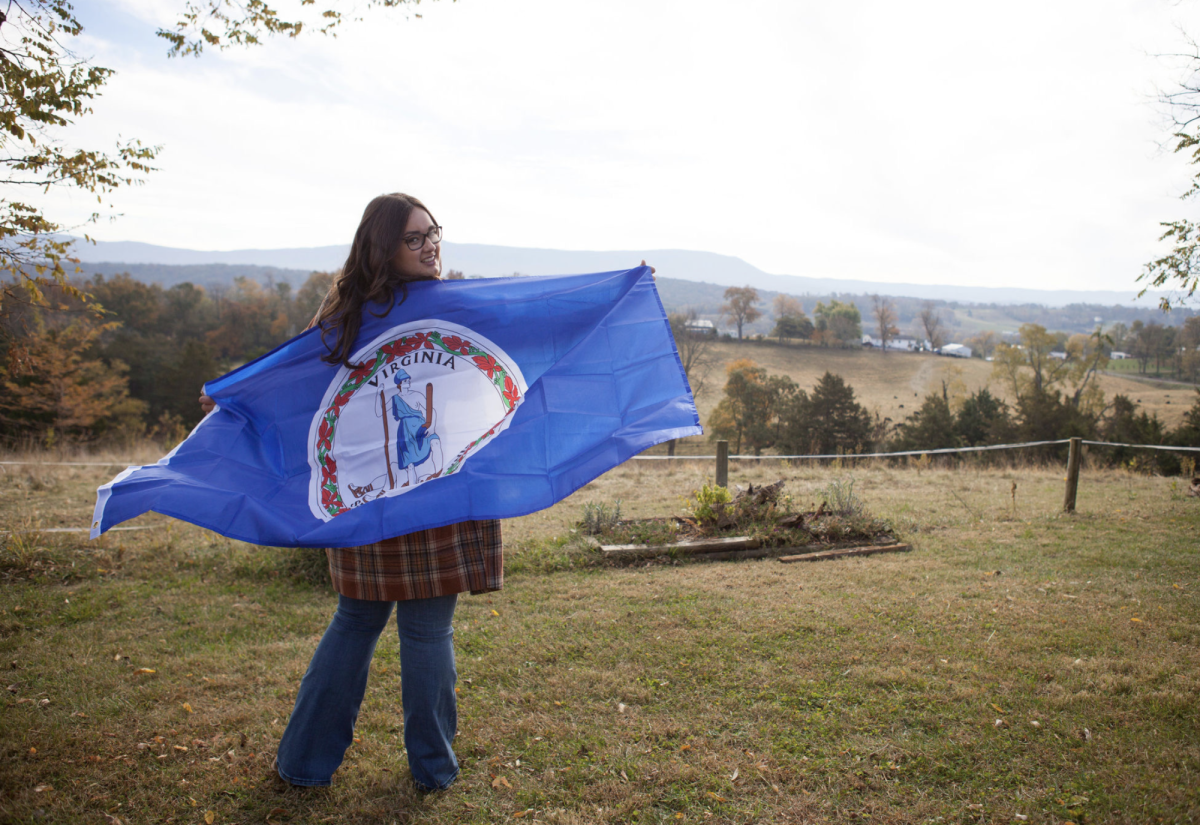Rabat, Marrakesh, Casablanca, Tangier, Chefchaouen—Aayah Osman ‘27 and Ruth Jaiyeola ‘27 returned to Wellesley this January having experienced the unique beauty of each of these cities. But this was not an impromptu trip between the two of them; they both took advantage of the Arabic language immersion Wintersession, traveling to Morocco with students and faculty from the Arabic Department.
The foreign language requirement is not a new concept to Wellesley students; students have been required to fulfill two years’ worth of a language for decades now, either through demonstrating fluency coming in, working on fluency in a language studied previously, or starting a new language altogether. However, while learning in a classroom is a common way to fulfill your requirements, Wellesley also offers opportunities for language-learning students to immerse themselves fully in their respective language-speaking cultures.
Osman and Jaiyeola both felt an instant connection with the Arabic department and language when they began learning it last year.
Osman took her first Middle Eastern Studies class last spring with Professor Marlow, which fueled her interest in getting more involved with Middle Eastern Studies and Arabic. While she speaks a specific dialect of Arabic at home, Osman says the opportunity to learn formal Arabic, or Fusha, was important to her.
Jaiyeola took her first Arabic class her freshman fall, crediting Professor Aadnani as a huge help in figuring out her language requirements. She said he, along with the other professors in the Arabic department, work to make learning enjoyable and reduce the stress that comes with learning a new language.
“I love the Arabic department … I think that they work really hard to make learning enjoyable…sometimes it’s challenging when it’s a really difficult language to learn, but while in class, I never feel like I’m struggling because I can always ask for help,” said Jaiyeola.
They both love Arabic so much that they ended up working towards an informal minor in Arabic. That passion they have for Arabic propelled them to apply for the Wintersession program in Morocco through the MES 270 course.
The program is designed to immerse students in Moroccan Arabic and Moroccan culture — from living with host families to visiting cities all over the country.
Undoubtedly, the program boosted their Arabic study as students stayed with host families who made them meals, took them around the area, and spoke to them in Arabic. More than that, they gained an understanding of the beauty of Moroccan culture.
“We went to a lot of the different cities, and we got tours of them all. We learned a lot about the communities within not just the touristy stuff, but about what the people in these areas live like.” Osman said.
Osman and Jaiyeola both mentioned how good their host families were. Jaiyeola pointed out how she continues to speak with her host mother, and had been texting with her the day before our conversation.
“I think that it’s very beautiful the way that the families interact with each other, but also working to like, make us feel included as well,” she said.
To Osman, eating dinner with the families every night made her feel at home as well as conversations and activities with her siblings. Both got to travel with families around the city and to malls and the beach; it made Osman and Jaiyeola feel like they were a part of the community. More than that, they said that people in Morocco were nothing but supportive of them learning Arabic.
“Even shop sellers, if you could speak Arabic, they were extremely proud of you. And it’s like, I don’t even know you, but that’s very sweet. And sometimes they give you advice on how to get prices down when you’re talking to other sellers.” Jaiyeola said.
Even though dialects of Arabic made it harder to communicate, they felt encouraged to try new words and phrases that they didn’t learn in class.
They left the Wintersession feeling not only more confident in their Arabic skills but also with a new understanding and appreciation of Moroccan culture. They recommend that Arabic students take the program and agree that the department is really experienced with keeping students safe while giving them new opportunities.
Jaiyeola ended her interview with some advice for Wintersession abroad: “Maximize the amount of time that you have there, like, take advantage of everything. Just allow yourself to feel uncomfortable in the moment and then try something new. I think that anybody that goes would benefit from it a lot.”
Osman agreed, and then offered perhaps the most important piece of advice: “Come with your bargaining skills ready.” Hopefully, Arabic students at the next Wintersession will take that to heart.
Image credit: Aayah Osman
Contact the editors responsible for this story: Phoebe Rebhorn and Hira Khan

